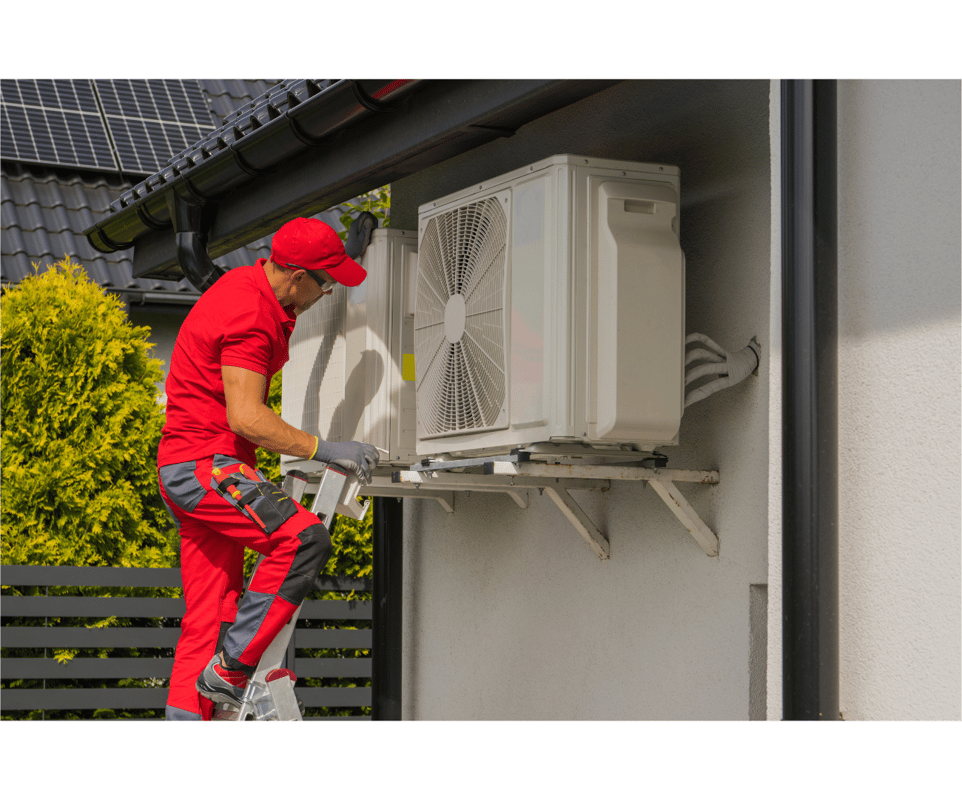How to Become a HVAC Technician in South Dakota

What is a HVAC Technician?
HVAC (Heating, Ventilation, and Air Conditioning) technicians are skilled professionals responsible for the installation, maintenance, and repair of heating, cooling, and ventilation systems. They ensure that these systems function efficiently and effectively, providing comfortable indoor environments for residential, commercial, and industrial buildings.
How Do I Get a Job as a HVAC Technician?
To land a job as a HVAC technician in South Dakota, you can:
- Network with industry professionals and attend job fairs
- Apply directly to HVAC companies or contractors
- Utilize job search platforms and online job boards
Career Paths and Opportunities after Becoming a HVAC Technician
As a HVAC technician, you can explore various career paths, such as:
- Residential HVAC specialist
- Commercial HVAC technician
- HVAC system designer
- HVAC project manager
- HVAC instructor or trainer
Final Thoughts
Becoming a HVAC technician in South Dakota can be a rewarding and in-demand career path. By meeting the educational and certification requirements, you can start a fulfilling career in the HVAC industry, providing essential services and contributing to the comfort and efficiency of buildings across the state.
Dreambound offers a window into various career paths, so if you're considering a shift in your career, browse through these articles:

Athena is Co-founder and CEO of Dreambound.



